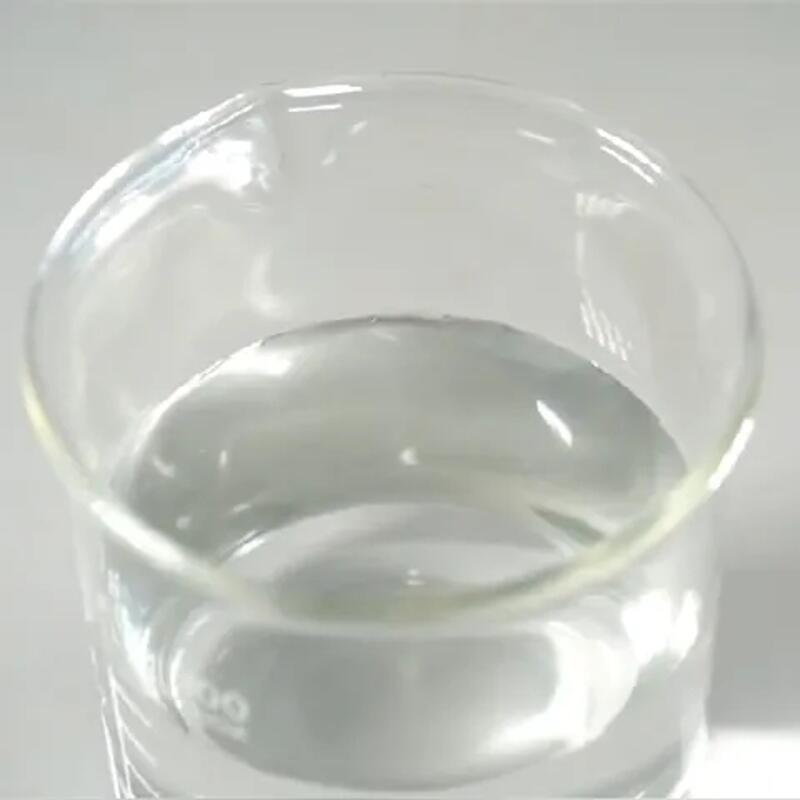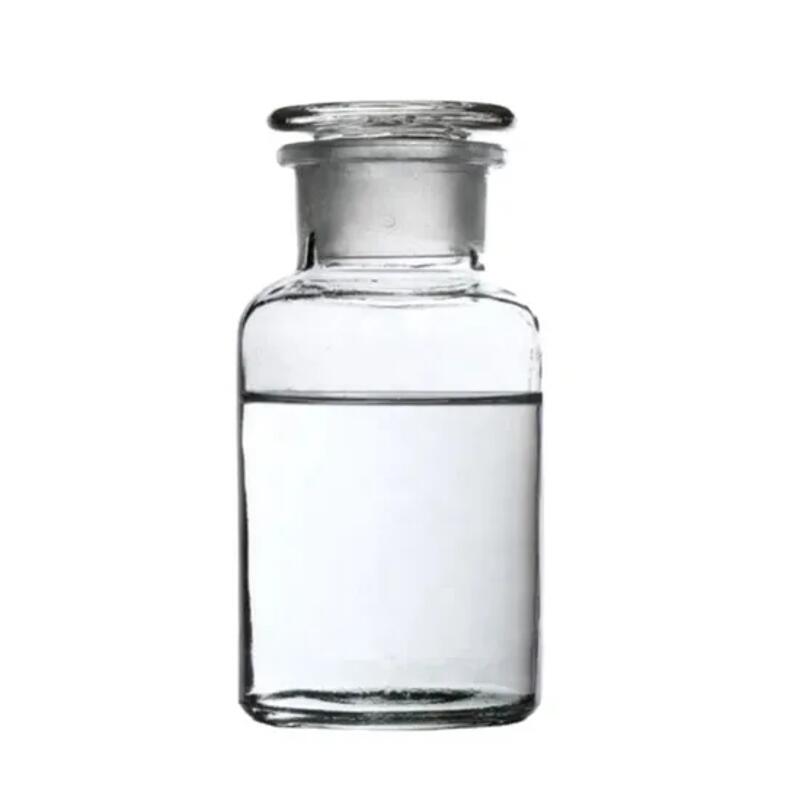-
Categories
-
Pharmaceutical Intermediates
-
Active Pharmaceutical Ingredients
-
Food Additives
- Industrial Coatings
- Agrochemicals
- Dyes and Pigments
- Surfactant
- Flavors and Fragrances
- Chemical Reagents
- Catalyst and Auxiliary
- Natural Products
- Inorganic Chemistry
-
Organic Chemistry
-
Biochemical Engineering
- Analytical Chemistry
-
Cosmetic Ingredient
- Water Treatment Chemical
-
Pharmaceutical Intermediates
Promotion
ECHEMI Mall
Wholesale
Weekly Price
Exhibition
News
-
Trade Service
BACKGROUND: The purpose of this study was to explore whether infusion of rifentany during surgery reduced hyperglycemia and insulin resistance in patients undergoing selected heart surgery compared to intermittent injections of fentany.
: This experiment is a randomized, prospective non-blind test.
randomly divided patients who underwent stage cardiac surgery into two groups: the continuous intravenous infusion of rifentany and the intermittent injection of fentanni.
monitor the patient's blood sugar levels per hour for 24 hours from the time of anaesthetic induction.
observation indicator was the difference in the percentage of patients with in-surgery blood glucose concentrations above 10 mM (180 mg .dl-1) over 2 times between the two groups.
secondary results include insulin demand, selective stress hormone and inflammatory cytokine concentrations, safety events, and adverse consequences.
results: The trial finally included 106 subjects for therapeutic intent analysis.
compared to the fentany group (33 (63.5 per cent), the blood sugar value in the ryfentany group was twice or higher at 10 mM (180mg.dl-1) Fewer patients (17 (31.5 percent)) (relative risk 0.50; 95% CI 0.32-0.77; P-0.001).
the median unit of insulin injection in the fentanile group was 8.1 units (interval: 0-46.7), while the rifentany group was 2.9 units (interval: 0-35.1) (median difference was 5 units; 95% CI 1-7; P-0.004).
decreased (P.001) in the rye fentanyl cortisol and adrenal corticosteroids, but its selective inflammatory factors were not relatively reduced.
there was no significant difference between the two groups of postoperative blood glucose control measures and adverse clinical consequences.
conclusion: Patients who continued to infusion of fentanni had a lower rate of hyperglycemia during heart surgery and required less insulin than patients who intermittently injected fentanni.
original literature sources: Subramaniam K, Sciortino C, Ruppert K, et al. Remifentanil and perioperative glycaemic response in cardiac surgery: an open-label randomised trial. (J) Br J Anaesth 2020 Jun, 124 (6): 684-692.Remifentanil and perioperative glycaemic response in cardiacsurgery: an open-label Randomised trial AbsttractBackground: This study is the study of the whether remifentanil infusion diled intraoperative hyperglycaemia and insulin resistance with the need for the end of the year, the administration of the patients. Surgery. Methods: This was a randomised, prospective, open-label trial. Patients sports elective cardiac surgery (n?116) randomised to receiveeither continuous intravenous remifentanil infusion or either fentanyl boluses. Hourly blood glucose values areed for 24 h starting from induction of anaesthesia. The difference in the percentage of the patients with the s2 intraoperative blood glucose the most importants 10 mM (180 mg dl-1) between the groups of the groups the the primaryity effect. Secondary outcomes measures included insulin requirements, select stress hormone and cytokine, and safety events and adverse outcomes. Results: The trial included 106 subjects in the final intention-to-treat analysis. There are fewer patients with s2 intraoperative blood glucose values and values of 10 mM (180 mg dl?1) in the remifentanil group (17 (31.5 per cent)) with the fentan group (33 s63.5 per cent)) (relative: 0.50; 95% confidence interval: 0.32-0.77; P-0.001). The management intraoperative insulin is a median of 8.1 units (range: 0-46.7) in the fentanyl group and 2.9 units (range: 0-35.1) in the remifentanil group (medians.5 units; 95% CI: 1-7; P-0.004). Cortisol and adrenocorticotropic hormone are are ared increased less in the remifentanil group (P?lt;0.001), but there is was no relative in the group in this group in selecty cytokines. Postoperative measures of glycaemic control and adverse clinical outcomes are not greatly different from the groups. Conclusions: Comparisons with patients treated with an extension of the fentanyl, patients receiving continuous remifentanil infusion had fewer fewer episodes of the hyperglycaemia and less need insulin for administration time translation: Yurui Editing: Feng Yuxuan Review: Cao Ying Source: Poppy !-- Content Show Ends -- !-- Determines whether the login is over







